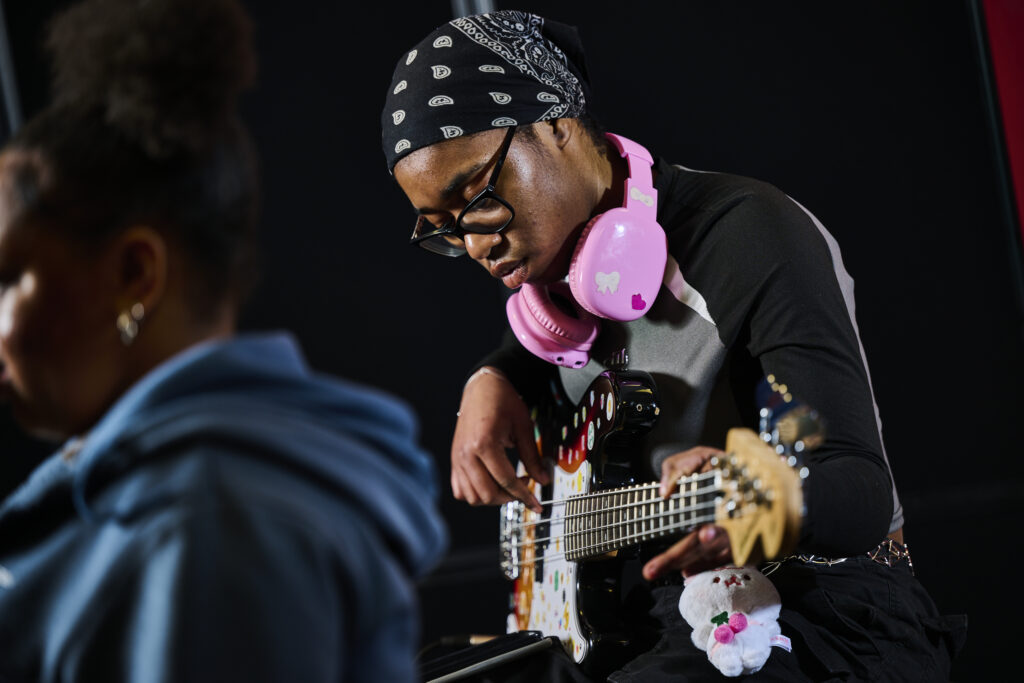Why choose this course?
Mathematics A Level helps you build deep problem-solving skills where you’ll tackle challenging, structured, and unstructured problems using a step-by-step mathematical methodology. The course helps you get university and career ready by helping you develop logical reasoning, modelling techniques, and the ability to communicate mathematical arguments clearly—skills highly valued in university and modern workplaces.
Modules:
Year 1
Pure Maths:
● Topic 1 – Algebraic expressions
● Topic 2 – Quadratics
● Topic 3 – Equations and inequalities
● Topic 4 – Graphs and transformations
● Topic 5 – Straight line graphs
● Topic 6 – Circles
● Topic 7 – Algebraic methods
● Topic 8 – The binomial expansion
● Topic 9 – Trigonometric ratios
● Topic 10 – Trigonometric identities and equations
● Topic 11 – Vectors
● Topic 12 – Differentiation
● Topic 13 – Integration
● Topic 13 – Exponentials and logarithms
Applied Maths:
Statistics:
● Topic 1 – Data collection
● Topic 2 – Measures of location and spread
● Topic 3 – Representation of data
● Topic 4 – Correlation
● Topic 5 – Probability
● Topic 6 – Statistical distributions
● Topic 7 – Hypothesis testing
Mechanics:
● Topic 8 – Modelling in mechanics
● Topic 9 – Constant acceleration
● Topic 10 – Forces and motions
● Topic 11– Variable acceleration
Year 2:
Pure Maths:
● Topic 1 – Proof
● Topic 2 – Algebra and functions
● Topic 3 – Coordinate geometry in the (x, y) plane
● Topic 4 – Sequences and series
● Topic 5 – Trigonometry
● Topic 6 – Exponentials and logarithms
● Topic 7 – Differentiation
● Topic 8 – Integration
● Topic 9 – Numerical methods
● Topic 10 – Vectors
Applied Maths:
Statistics:
● Topic 1 – Regression, correlation and hypothesis testing
● Topic 2 – Conditional probability
● Topic 3 – The normal distribution
Mechanics:
● Topic 4 – Moments
● Topic 5 – Forces and friction
● Topic 6 – Projectiles
● Topic 7 – Applications and forces
● Topic 8 – Further kinematics















